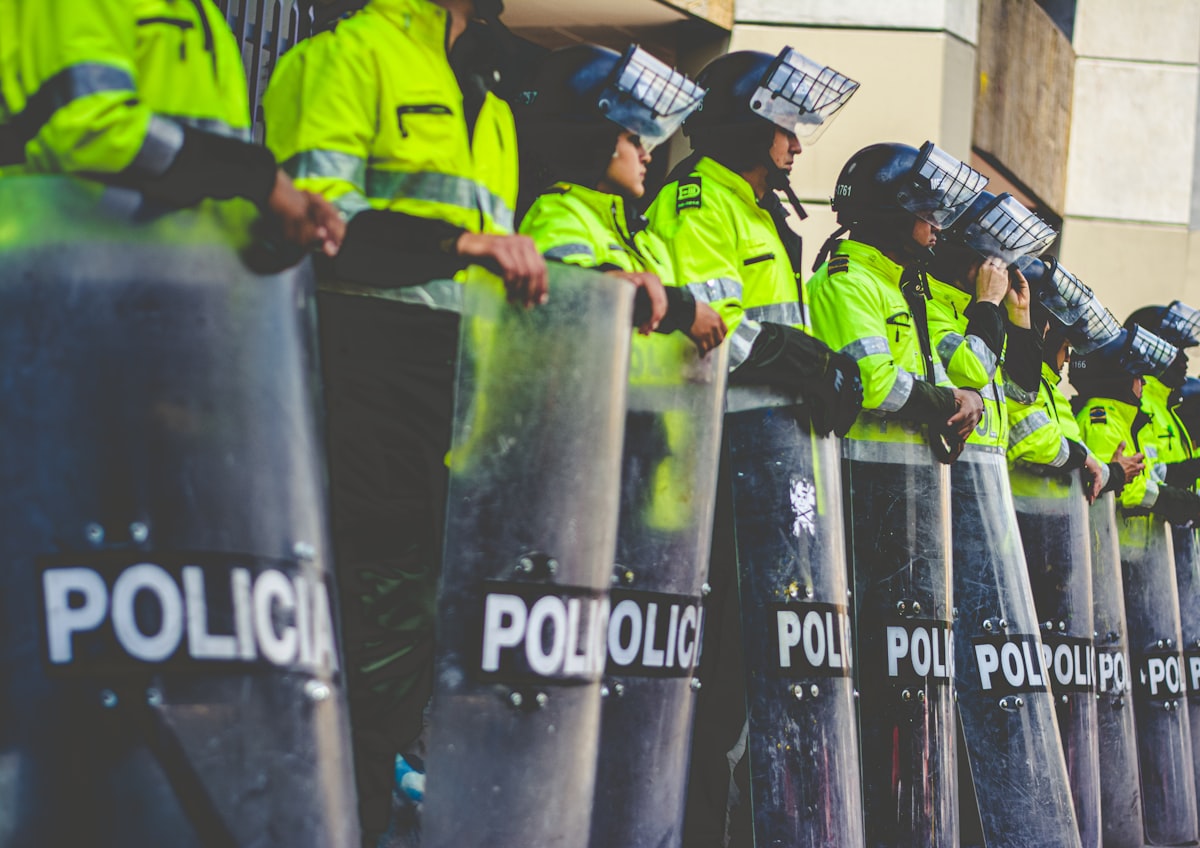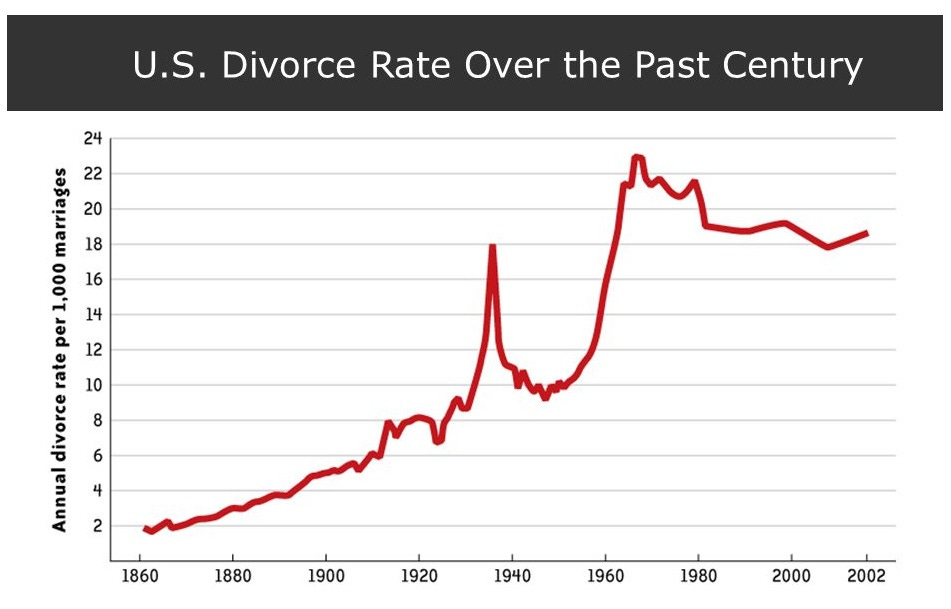The Modern State vs. Authority

As I understand from listening to a conversation about it, the book The Ancient City describes moves by the ancient Roman city against the paterfamilias: the head of the family and his authority over his home. But I am not going to try to tackle the ancient world and will instead focus on the modern state and its war on, not just the family, but all forms of proper authority.
A few things going on just this week come to mind on this topic.
First is the ruckus over a modern country song called “Try That In A Small Town” by Jason Aldean. He sings:
Sucker punch somebody on a sidewalk
Carjack an old lady at a red light
Pull a gun on the owner of a liquor store
Ya think it's cool, well, act a fool if ya like...
Well, try that in a small town
See how far ya make it down the road
Around here, we take care of our own
You cross that line, it won't take long
For you to find out, I recommend you don't
Try that in a small town
I’m reminded of our show on the Not So Wild West that discussed the reality of the frontier West which was in fact orderly and just unlike the depiction by Hollywood and it was anarchic. Towns really did function as authorities before their authority in more recent times was torn apart by the destruction of freedom of assocation, government welfare, federal highways and many other slashes through the ability of communities to take care of their own.
Also this week, a new book came out by Christopher Rufo called America’s Cultural Revolution. I have not yet read it but Charles Haywood, chief book reviewer of the dissident right, describes what it covers.
Rufo tells a story of Marxist subversion of institutions that starts in the 1970s after the failure of left-wing terrorism. We recently described this horrifying terrorism in detail in the Left-Wing Terror series.
This story, which is quite right, describes a switch in tactics from left-wing revolution through the working class by means of terror to, eventually, left-wing revolution through the marginalized by means of narrative control. This led to the “long march through the institutions" which has been wildly successful in taking over universities, businesses and even churches as we recently discussed.
This is true as far as it goes. The many shows we devoted to telling the terrorism part of this story make it clear that I completely agree it is a story that everyone should know.
My only concern is that the story doesn’t go back far enough.
We could also go back to over 100 years ago and look at what happened under the Progressives of the late 19th and early 20th century.
Something I hadn’t known until recently is that Karl Marx was essentially unknown in Britain and the US at that time. Marx only became widely known because of the Bolsheviks taking over Russia and Lenin being heavily influenced by Marx. So it wasn’t really Marxism that started being influential but Marxist-Leninism specifically.
Marxism was exercising no significant influence in the Anglosphere at least in this period leading up to 1917 and so we can’t blame Marxism for what happened back then.
The one-hundred-years-ago Progressive movement in the United States and the Fabian socialists in England successfully moved against the authority of communities, families and churches.
This particularly happened in regards to private charity which began being replaced with state welfare programs during this period. This story is told in David Beito’s book From Mutual Aid to the Welfare State: Fraternal Societies and Social Services, 1890–1967, which Black Horse and I have begun to discuss. Their reasoning was that charity was too chaotic and random, I would say “too personal”. They wanted aid to the needy to be professionalized, bureacratized, de-personalized.
The move from private, typically religious, schooling to state schooling consolidated during this period. We know now what a terrible mistake this was because there are no neutral institutions. So children went from being educated in the home or at least according to the values of the local community to being taught the values of the teacher’s unions.
Another bit of history often forgotten, at least in regards to the US, is that a sexual revolution began in the 1920s along similar lines as, if not as extreme, as what was going on in Weimar Germany at the time. The lengthy Great Depression and World War II put a pause on that but for those of us who want to understand the causes of this breakdown in the moral order we should understand that the 1960s was Sexual Revolution, Mark II.
There’s more work to be done to understand what happened back then, but I suspect part of the story is just what I’ve been telling. Proper authority being undermined by the administrative state and, can’t help but mention, the first Federal Reserve-fueled Boom in the US… Followed of course by the Bust in 1929.

Notice in this chart of divorce rates in the United States there are two peaks. The one that builds in the 1960s and peaks in the 1970s is not a surprise. But look at that first peak! Building in the 1920s and peaking in the 1930s well before US entry into World War II in late 1941.
So we see an undermining of private charity, community bonds, marital bonds and parental authority over children all happening in the United States before Marxists were a significant force in the country.
With more research, I wouldn’t be surprised if I could extend this story further back. So much so that I’ve been thinking of doing something on “The Myth of the Based State”. But never mind that for now.
The point of all this is that, both tactically and strategically, a move to restore proper authority in marriages, families and communities will have to mean a retreat of the modern, administrative state out of our marriages, out of our families and out of our communities.
“Around here, we take care of our own.”